
#3 in my ranking of Tony Scott’s filmography.
This is the most sedate, focused, and emotionally resonant film that Tony Scott probably ever made. It’s also got those same hallmarks that have held back most of Scott’s other better efforts: namely some issues in the backend of the script that he shot without, seeming, much question. It kind of descends into revenge porn while leaving its emotional resonance behind until it tries to grasp at it in the final moments once more. It’s a disconnect that takes what should have been Scott elevating material above pulpiness into just luxuriating in it.
John Creasy (Denzel Washington) is a drunk who has extensive experience in counter-insurgency tactics through his sixteen year military career. Brought to Mexico by his friend Rayburn (Christopher Walken), he takes on the job of bodyguard for Pita (Dakota Fanning), the daughter of a Mexican business man, Ramos (Marc Anthony), and his wife Lisa (Radha Mitchell), making it clear that they’re getting a discount bodyguard because of his alcoholism. The first third of the film is really dedicated to Creasy as a character, especially the burgeoning father-daughter-like relationship between him and the young Pita. It’s a surprisingly well-done series of scenes as she tries to get close, he pushes back, he decides he can help her win her swim meet by getting her used to the sound of a gun (foreshadowing) to start the race better. Real time is spent on this. It’s not one scene and done, it’s a solid 40 minutes or so, and it’s where the film establishes all of its goodwill.

And that hinges a lot on its actors. Through all of my ups and downs with Scott, I’ve consistently noted that he’s a quality actor’s director, getting good performances from his movie star casts over the previous twenty years, and matching him up with Denzel Washington, one of the best of the Hollywood movie stars from an acting perspective, was always a good sign. Washington really brings that pathos and charisma to Creasy, forming the underlying necessary emotional resonance through his growth as a character within the context of his relationship with Pita to make it all work.

The film’s second act is really dedicated to the inevitable kidnapping of Pita by a band of powerful men called La Hermandad, mostly made up of corrupt policemen in Mexico, starting with Creasy getting shot. One of the interesting things about this script is its embrace of the complexity of living and navigating a corrupt judicial and legal system where everyone is against you, giving it that depth of corruption and tactile feel that grounds it well in a single time and place. This is offset by the seemingly necessary inclusion of the good reporter, Mariana (Rachel Ticotin), almost always an addition that feels off (massively corrupt and powerful organizations not getting control of media outlets? That’s just nonsense). At best, she’s a plot device to get Creasy information that he might otherwise not be able to get…except that they established Rayburn already who could have done it. Whatever.

So, the exchange goes bad (why ends up a complicated mess that the film explains poorly, but that’s not for a while), and Pita dies, leaving Creasy alone as the one who can deliver the justice necessary in a corrupt system. And, this is where the film kind of disconnects for me. I think it’s the absence of a ticking clock mechanism. There’s nothing that Creasy is moving against in terms of what could be limiting him. Not only does he become something like a ghost and unkillable movie thing rather than a broken man trying to find redemption through terrible violence, the stakes seem somehow depressed because he’s just kind of taking his time going from one target to the next. I feel like there should have been something he was moving against, like the guy behind it all, The Voice, has decided that he’s made enough money and is going to disappear. So, Creasy needs to move faster to get to him before he’s completely out of reach, sort of thing.
And that lack of a contrast to the violence ends up just feeling like Scott is reveling in the violence. Sure, there’s some thin fun to be had with Creasy cutting the fingers off and torturing those who had a part in the kidnapping, but without something else driving him forward, it ends up feeling kind of empty. The point isn’t to get anything, but to wallow in the torture. This is where the movie’s first act becomes a real asset because, despite having almost completely disconnected from it, that backing is still present, giving a patina of emotional cover to what’s going on.

And then the film has its final ten minutes that is supposed to reestablish that connection, and I found it to be more manipulation than fulfilment. I didn’t buy into it, essentially, which prevented me from really investing in the pathos that the finale held in store. It may just be a me thing. I dunno.
However, I don’t want to undermine what is actually quite a good script by Brian Helgeland. The use of the gun in the swimming competition and its recall during the kidnapping, the use of scripture as an element of Creasy’s character journey, and the core relationship between Creasy and Pita are all based in the script. That’s solid stuff, and it makes me wonder whether the disconnect I feel in the back half of the film comes from the script or from Scott’s influence in the edit.
So, I think the overall package is quite good. It might be Scott’s best film. However, I just feel like something is missing in the back half that would give Creasy’s actions more immediacy. Also, Scott’s visual flare continues to become a headache in increasing intensity, flashing needlessly in sections but, thankfully, not all the time.
Originally published here


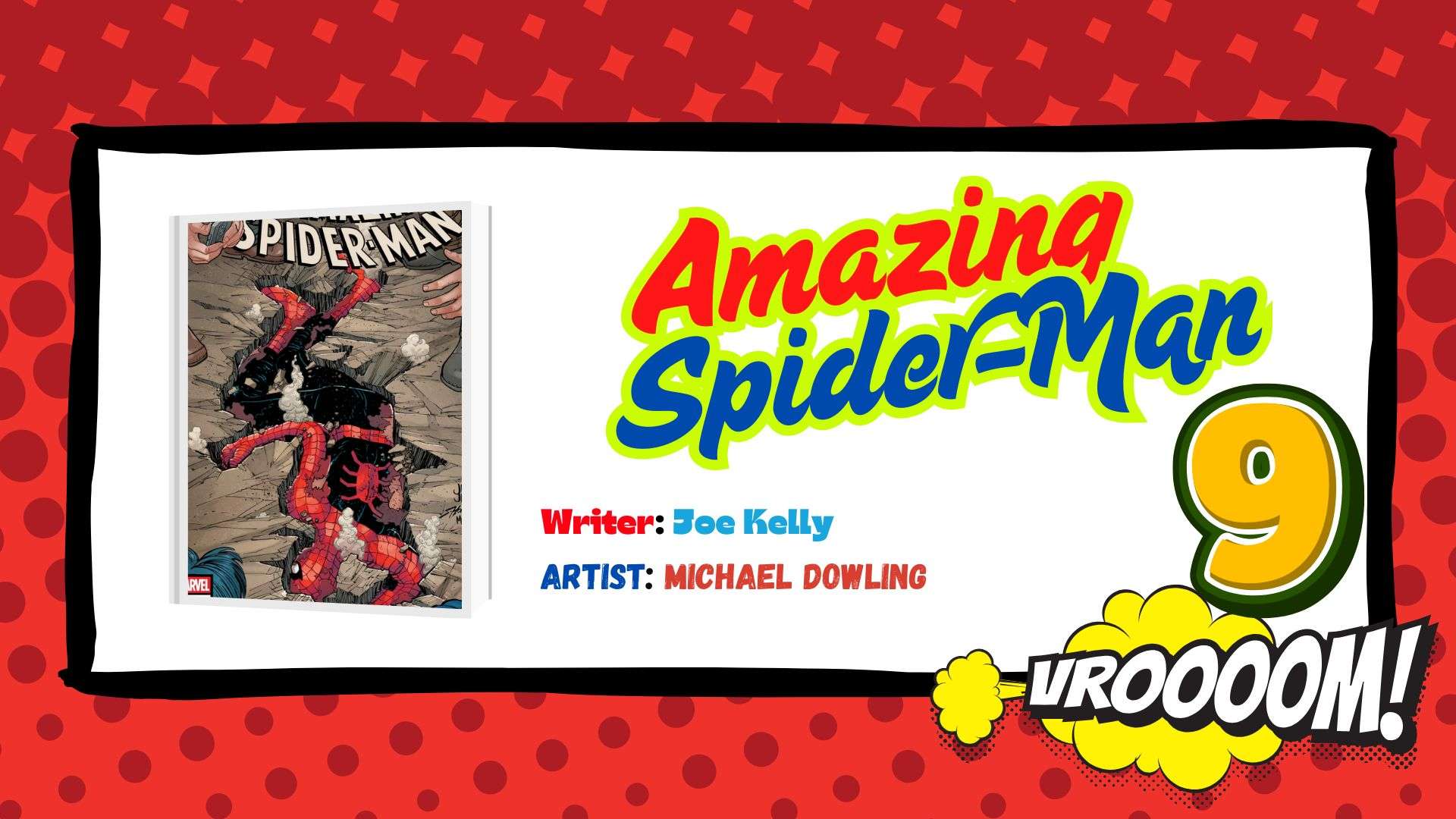



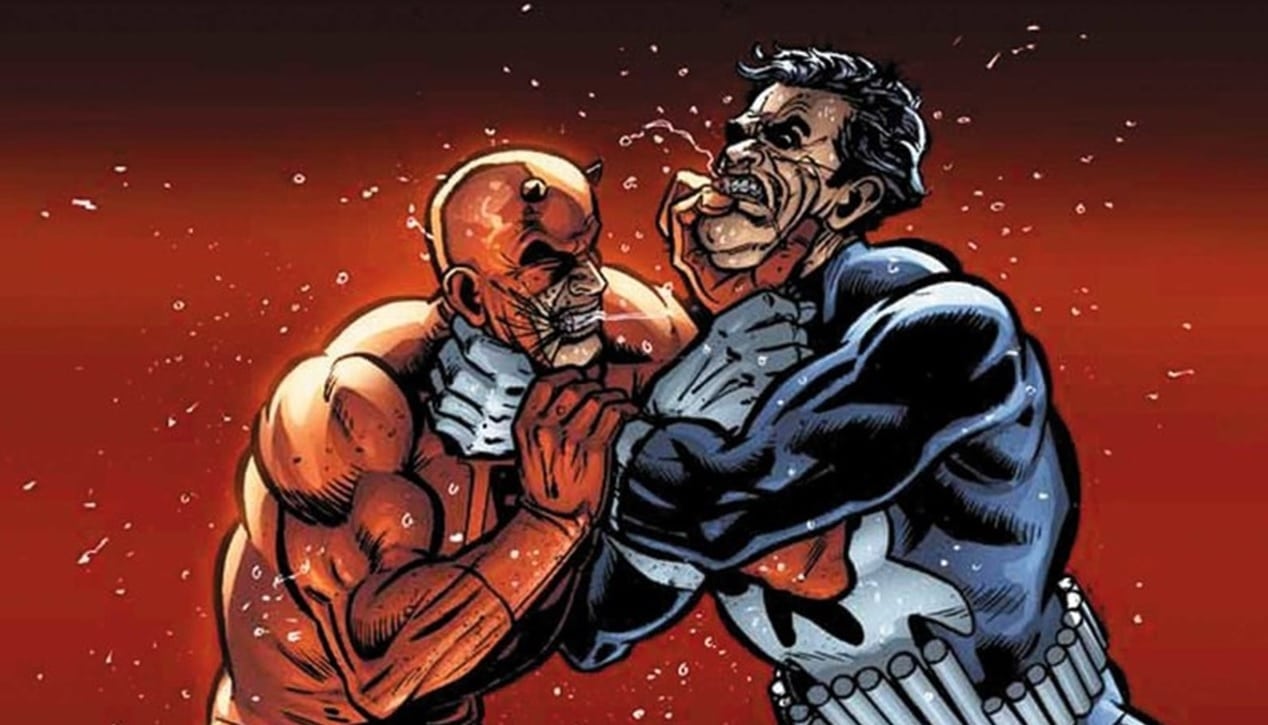


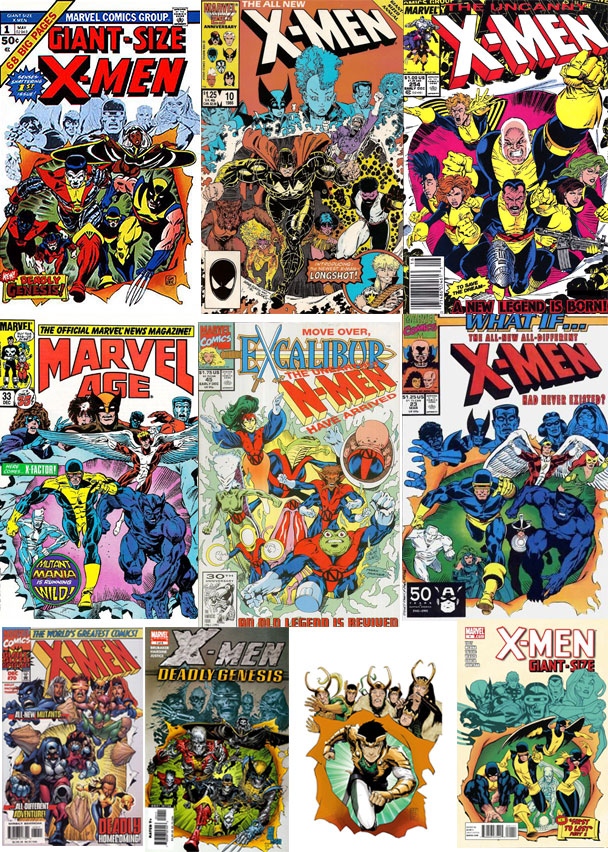



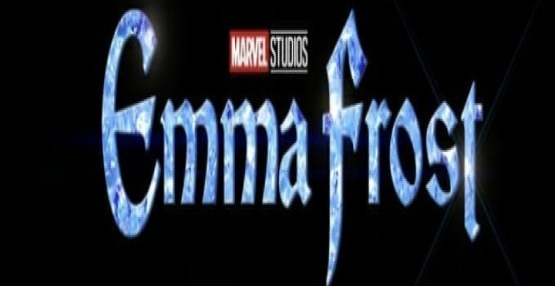


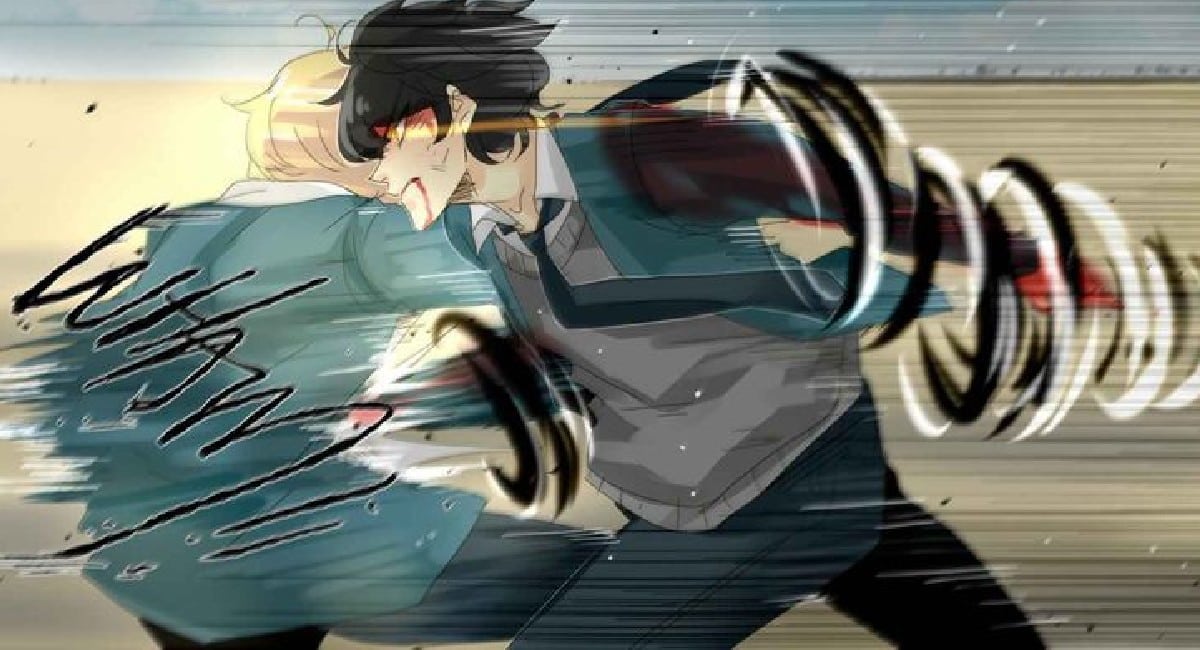


 English (US) ·
English (US) ·